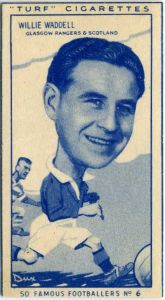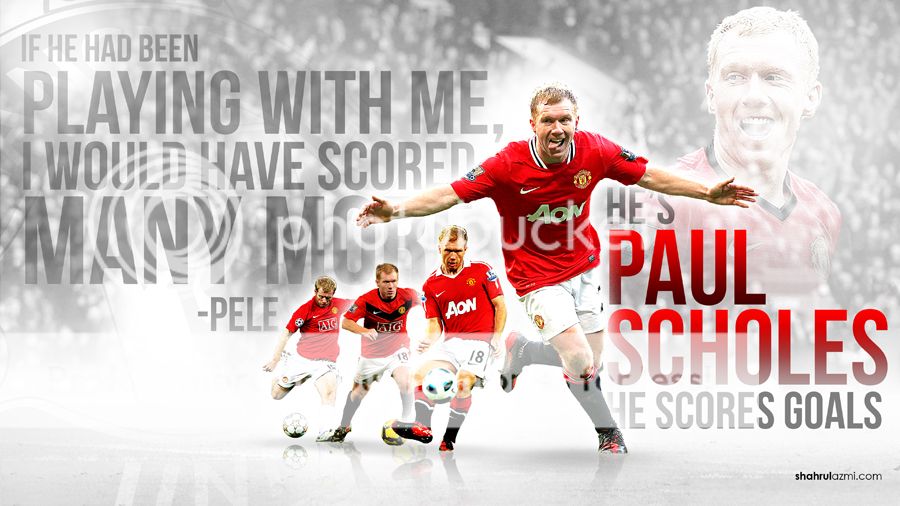At the beginning of the 1948-49 season Mannion refused to sign his yearly contract with Middlesbrough and made a formal transfer request. David Jack, the club manager, responded by saying: "Even if a club came to us with a cheque for £50,000 we would not transfer Mannion. Why should we let the best player in Britain go?"
The problem for Mannion was that at this time players were owned by their clubs. At the start of each season players had to sign a new one-year contract. If the club offered the maximum terms, the player was bound to accept. If, like Mannion, they rejected the contract, the club retained the player's registration and they were not allowed to play for anyone else.
When David Jack refused to sell Mannion, he decided to go on strike. In return, Middlesbrough refused to pay him. As a result of this action he was dropped from the England team that played Northern Ireland on 9th October 1948.
Alan Hoby of the Sunday People wrote: "Now personal liberty is a precious thing. It is one of the things we went to war about. David Jack, giving the club's side, told me recently: 'If Mannion won't play for us, he will never play in League football again.' Frankly this seems to me to savour of dictatorship."
Mannion replied: "The club can put me right out of the game if it wants to. Why, in the name of fairness, must I, or any of my colleagues, be treated like cattle at an auction and be forced to go only where the club desires? I do not hold Middlesbrough entirely responsible. I blame the system which allows such treatment."
Frank Armitage, a businessman who supported Oldham Athletic in the Third Division, offered Mannion a job with his company. Mannion accepted the post and later admitted: "I think he wanted me to join Oldham, but he never said anything specific." Middlesbrough suggested they would be willing to accept a £30,000 fee for Mannion. This was clearly much higher that Oldham could afford.
Mannion then announced in a statement that: "I will not stand for this rocketing of transfer values. I have considered the matter from all angles and with all its implications and I am stating without reserve that I shall absolutely decline to sign for any club that pays, or even offers to pay, Middlesbrough over £12,000 for me."
Oldham eventually offered £15,000 for Mannion. Middlesbrough rejected the bid and refused to negotiate with the club over the matter. Aston Villa offered £25,000 for Mannion. The Everton manager, Cliff Britton, announced he was willing to pay £27,000 for the England international. Tom Whittaker of Arsenal, announced he was willing to offer a player-exchange deal.
David Jack was determined to hold on to Mannion and after a meeting with Boro director, Tommy Thomas, the club and Mannion issued a statement: "Middlesbrough Football Club and Wilf Mannion have agreed to sink their differences. It is agreed that there have been faults on both sides. Middlesbrough are delighted to have the player back and he is delighted to return to the scene of his formal triumphs."
The dispute had cost Mannion £400 in lost earnings from football. He was also still stuck on the maximum wage of £12 a week.





 Well I'll be damned...Brentford have become vaguely interesting to me over the past 24 hours.
Well I'll be damned...Brentford have become vaguely interesting to me over the past 24 hours.